The results come in its Sustainability Report for FY17, which showed the retailer sent 83.4% of its waste either for recycling or to incineration with energy recovery. This is a slightly higher figure than the 83.1% shown for the previous year.
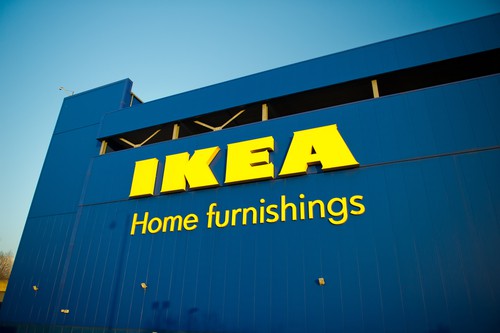
In total, IKEA Group produced 590,254 tonnes of waste, of which 68.2% was recycled, 15.3% was sent to energy-from-waste, and 16.1% was sent to landfill. The remaining 0.4% was sent for incineration without energy recovery.
Waste generated was over 40,000 tonnes higher than the 549,334 tonnes reported for 2016. The retailer said this is partly because IKEA has “grown as a business” but also because of other factors which it is “currently investigating”.
Shopping centres
The retailer said recycling rates at its shopping centres are low in comparison to its other sites. This is because it manages large volumes of more variable and lower quality waste streams on behalf of its tenants.
Out of the total 71,902 tonnes produced, 18.6% of waste generated at shopping centres was recycled, 2.9% sent to energy-from-waste and 78.2% sent to landfill.
IKEA said it is currently integrating its shopping centres into the new group reporting tool for waste which will help to focus on improving recycling rates.
The retailer said identifying measures needed to prevent waste and working proactively to produce it will be a priority in FY18, supported by a waste reduction strategy.
Take-back
In the report, IKEA revealed that a pilot take-back scheme for textiles collected 1.1 tonnes from customers at its Cardiff store in its first three months.
The textiles take-back scheme was launched last year by IKEA UK & Ireland at its Cardiff store, which if successful, could potentially be rolled out nationally (see letsrecycle.com story).
The scheme gives customers in Cardiff the opportunity to take in any unwanted textiles purchased from any store – from clothing to soft furnishings – to be reused, repaired or recycled.
Sources
The retailer also highlighted two key sources of avoidable waste that it is working to reduce, and eventually eliminate: product waste and food waste.
Some products get damaged in transit before they reach the store, IKEA explained. And, when products are damaged, the retailer said it aims to repair and re-pack them to go back on the shelf.
The sustainability report notes: “In FY17 a total of 7.7 million products were repacked. Where this is not possible we try to give them a second chance by selling them in the ‘As-Is’ area in each store.”
The report also highlights the company’s ‘Food is Precious’ initiative, launched in 109 of its stores in FY17, which focusses on engaging co-workers to reduce food waste using a ‘smart scale’ solution fitted to the waste bins in its kitchens. It weighs and records food waste, and co-workers log the reasons for food waste on a touch screen.
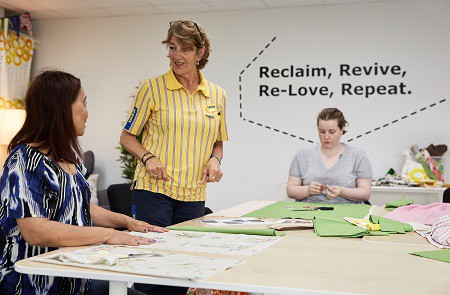
“The data enables us to understand what, why and when we are wasting food, and by reviewing the data daily we can start to change our behaviours around wasting food,” IKEA said.
And, IKEA reports, after just 12 weeks of working with the smart scale, food waste was reduced by 20% on average per store. Over 200,000 kg of food was saved in FY17 – saving over 865 tonnes of carbon emissions and nearly 450,000 meals, the report states.
Partner
The company said it is working to improve its recycling processes and partner with waste management suppliers to find new recycling solutions for material that was previously sent for landfill or incinerated.
IKEA also highlighted its work with policy-makers, NGO’s and other businesses, to build momentum for the circular economy. This included: The World Circular Economy Forum; and, Champions 12.3 – a coalition of leaders from government, business, civil society, research institutions and international organisations – amongst others.
Related links
IKEA sustainability report




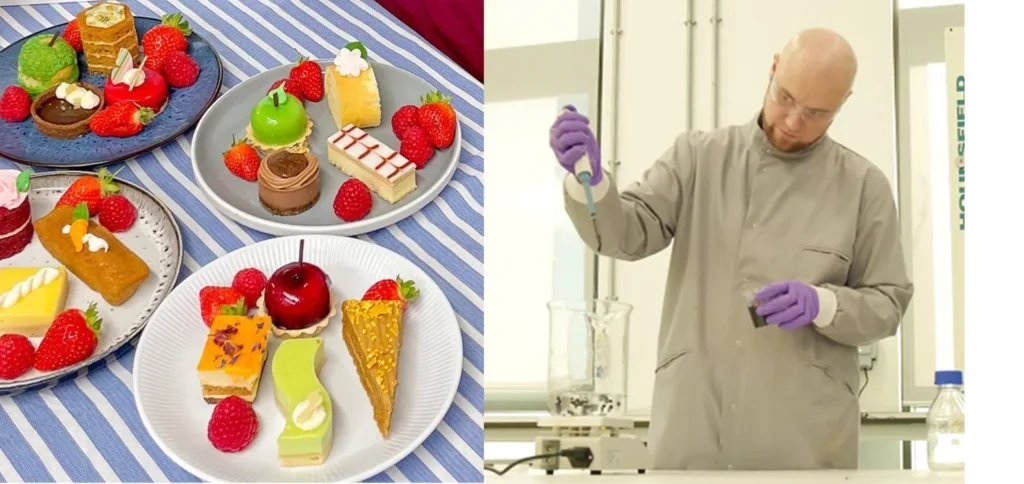
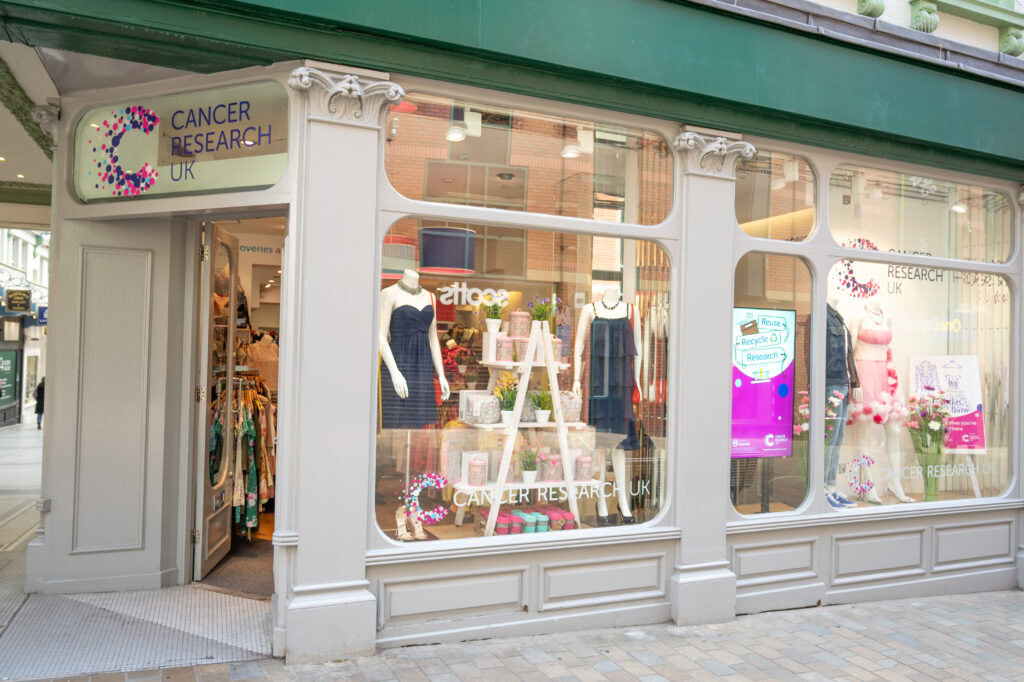
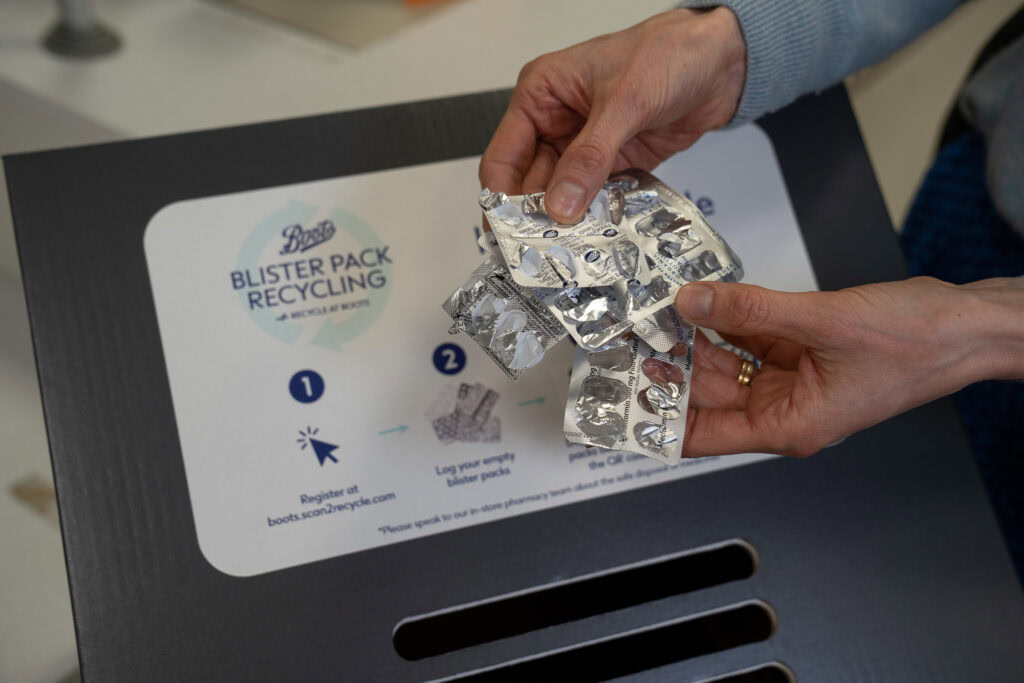
Subscribe for free